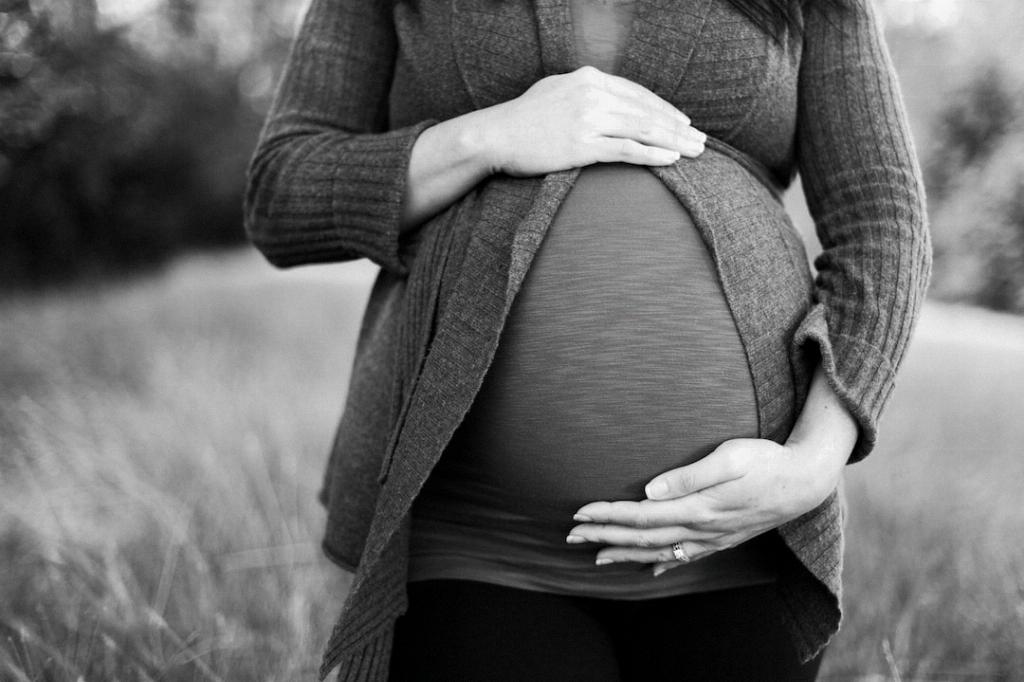One of the common concerns that many women experience in the early stages of pregnancy is the occurrence of twinges or cramps. These sensations can range from subtle twinges to more intense cramps that might cause worry. However, it’s important to understand that twinges are often a normal part of early pregnancy.
When you first discover that you are pregnant, your body undergoes various changes to prepare for the growth and development of the baby. One of these changes includes the expansion and stretching of the uterus to make room for the developing fetus. This process can sometimes cause twinges or cramps as the muscles and ligaments in the pelvic area adjust to the increasing size of the uterus.
It’s essential to remember that every pregnancy is unique, and while some women may experience twinges more prominently, others may not feel them at all. Additionally, the intensity and frequency of twinges can vary from one woman to another and even from one pregnancy to the next.
If you are experiencing twinges in early pregnancy, it’s essential to pay attention to your body and monitor the nature of the sensations. While mild twinges are generally considered normal and are often attributed to the natural changes occurring in your body, persistent or severe cramping accompanied by other symptoms such as heavy bleeding or dizziness should be promptly addressed by a healthcare provider.
Understanding the difference between normal twinges and concerning cramps is crucial for ensuring a healthy pregnancy. Normal twinges are typically described as short-lived, mild discomfort that comes and goes and is usually not associated with any other symptoms. On the other hand, abnormal cramps may be intense, persistent, and accompanied by other signs that may indicate a potential issue.
It’s vital to communicate any concerns or questions about twinges or cramps with your healthcare provider. By discussing your symptoms and seeking professional guidance, you can receive reassurance and appropriate care if needed. Remember that healthcare professionals are there to support you throughout your pregnancy journey and address any uncertainties or discomfort you may experience.
During early pregnancy, it’s common for women to be hypersensitive to any changes or sensations in their bodies. This heightened awareness can sometimes lead to increased focus on every twinge or cramp, potentially causing unnecessary worry or anxiety. While staying informed and attentive to your body is vital, it’s also essential to maintain a sense of calm and trust in the natural process of pregnancy.
Engaging in relaxation techniques such as deep breathing, gentle exercise, or meditation can help alleviate stress and reduce physical tension, which may contribute to the reduction of twinges or cramps. Taking care of your emotional well-being is equally important during pregnancy, as it can positively impact your overall health and the well-being of your growing baby.
Furthermore, staying well-hydrated, maintaining a balanced diet, and getting an adequate amount of rest can also help alleviate discomfort and promote physical comfort during early pregnancy. Your body is undergoing significant changes, and providing it with the necessary nourishment and care is essential for a healthy and smooth pregnancy journey.
In conclusion, while twinges are a common occurrence in early pregnancy and are often considered a normal part of the process, it’s crucial to stay attuned to your body and seek guidance from healthcare professionals if you have any concerns. By understanding the factors that contribute to twinges, managing stress levels, and prioritizing self-care, you can navigate early pregnancy with confidence and peace of mind.

